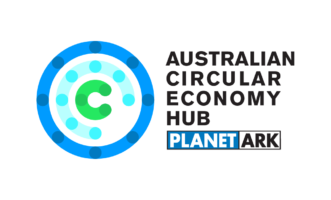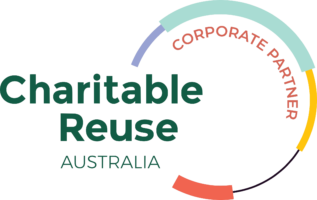Open letter to Australia’s Mayors – Why waste matters to your carbon footprint
By: Mike Ritchie, MRA Consulting Group

Only the organics in landfill contributes to climate change. Rubble, plastic, glass, metal, e-waste etc do not generate methane.
If your Council is still sending the food and garden waste from households to landfill (as it has been for most Councils since European settlement), then it is massively increasing the carbon emission footprint of the Council and ratepayers.
Organics in landfill decompose anaerobically (without oxygen) to generate methane, a potent greenhouse gas (GHG). In fact, methane is 28 times more “carbon forcing” than carbon dioxide. It is one of the most significant contributors to climate change.
Why does this matter to you as Mayor?
- Waste to landfill is almost always the biggest source of GHG emissions for a Council and as the ‘agent’ for ratepayers.
- Landfill emissions represent 50-80% of the GHG footprint of most Councils.
- Councils who do not own their landfill often allocate those emissions to the landfill owner[1], thus ignoring them when deciding on the Council’s climate change strategy. That is legally allowable but misses the point. Only you can make that decision.
MRA has done a lot of carbon footprint work for Councils. As shown in the pie charts below, when you include the waste decision it swamps the emissions from Councils’ vehicles, electricity usage, pool heating etc. So morally and practically Councils should be including waste in their carbon footprint so that they can properly prioritise action. Many do not.

Separating food and garden organics from landfill is as simple as introducing a FOGO (Food Organics and Garden Organics) bin. All of Melbourne, Perth and Adelaide metro Councils have now committed to FOGO for all households. Plenty of regional Councils across Australia have introduced FOGO in the last few years.
Mayors have led the way.
If you haven’t considered FOGO yet then we suggest an Options Study to look at the costs and benefits (measured in terms of $ cost to households, emissions and diversion from landfill).
FOGO has over 80% positive acceptance with householders. It is popular, saves money (mainly in areas with landfill levies) and reduces greenhouse gas emissions.
Tweet
[1] National Greenhouse and Emissions Reporting (NGERS) permits the emissions from waste deposited in someone else’s landfill (e.g. Veolia, Suez or Cleanaway) to become the Scope 1 emissions of the Operator of the landfill. But real life says that it is the Council that is making the decision to landfill instead of composting those organics.
If you would like further information, please contact us at info@mraconsulting.com.au
This article has been published by the following media outlets:




